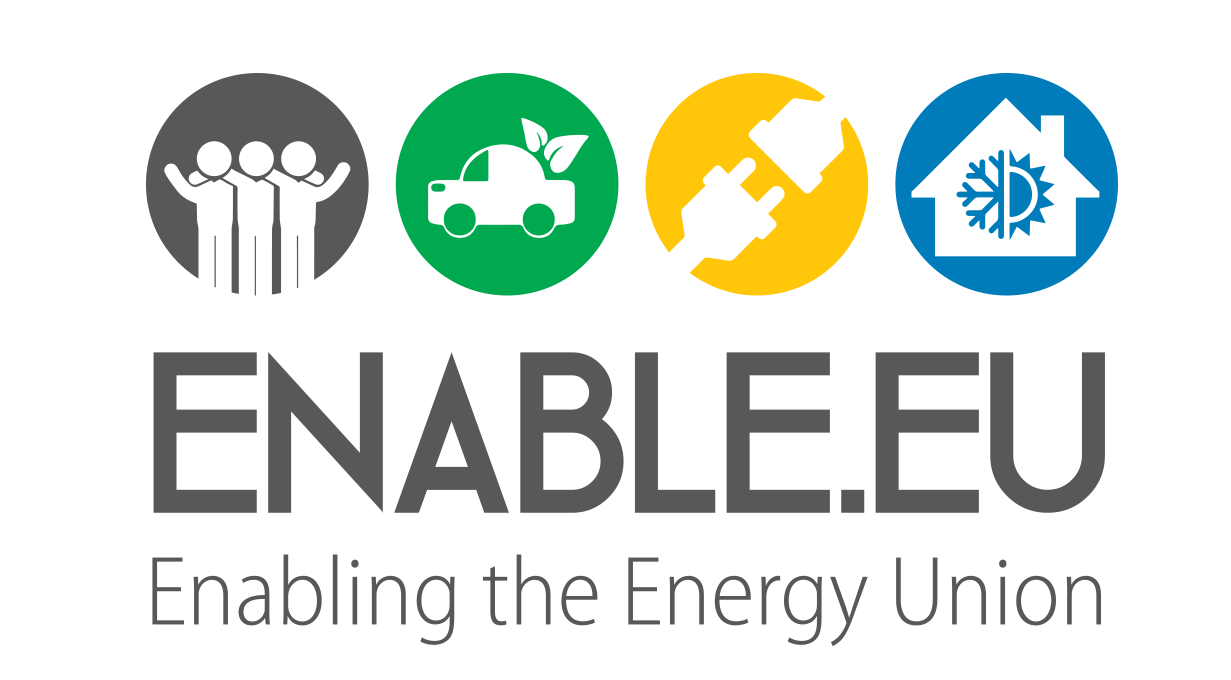 As the first year of ENABLE.EU draws to a close, a comprehensive bibliography and review of the scientific research on energy choices have been published on the website. Covering over four hundred scientific articles, the state-of-the-art review of the literature examines the social and economic drivers of individual and collective energy choices. It consists of literature reviews summarising the key findings of both theoretical and empirical studies; the identification of existing concepts and theories that can help us better understand energy choices; and studies that challenge these theories and which could help feed ENABLE.EU’s work. While it focuses on the EU, it also includes areas that are comparable to the EU, for example, industrialised countries such as the USA. The articles originate from several academic disciplines that analyse energy choices, such as economics, psychology, political science, sociology and gender studies. Many sources are interdisciplinary, reflecting the increased importance of multifaceted approaches to energy choices over the past decade.
As the first year of ENABLE.EU draws to a close, a comprehensive bibliography and review of the scientific research on energy choices have been published on the website. Covering over four hundred scientific articles, the state-of-the-art review of the literature examines the social and economic drivers of individual and collective energy choices. It consists of literature reviews summarising the key findings of both theoretical and empirical studies; the identification of existing concepts and theories that can help us better understand energy choices; and studies that challenge these theories and which could help feed ENABLE.EU’s work. While it focuses on the EU, it also includes areas that are comparable to the EU, for example, industrialised countries such as the USA. The articles originate from several academic disciplines that analyse energy choices, such as economics, psychology, political science, sociology and gender studies. Many sources are interdisciplinary, reflecting the increased importance of multifaceted approaches to energy choices over the past decade.
This interdisciplinarity is an important aspect of the literature review as well, which encompasses work from a number of academic fields. This review of over 400 academic articles on the drivers of energy choices sets the scene for the project and will be an essential tool for its later work. It points out the weaknesses and limits of the existing literature, and explains how ENABLE.EU will attempt to overcome them, particularly through international comparisons and the in-depth study of economic, socio-cultural, and governance drivers. The review is structured in four parts: a first section focusing on the economic drivers of energy choices, a second looking at socio-behavioural drivers, a third analysing governance factors, and a fourth section taking stock of the dominant energy choice models and highlighting the interactions between the factors studied in the literature. Although the extensive findings do not easily lend themselves to generalisation due to differences in settings, samples, conditions, methods, and timescales, ENABLE.EU’s double approach – examining both individual and collective choices – can successfully address this diversity by identifying drivers that are bound to governance, leading to a more complete explanation of how energy choices are made.
